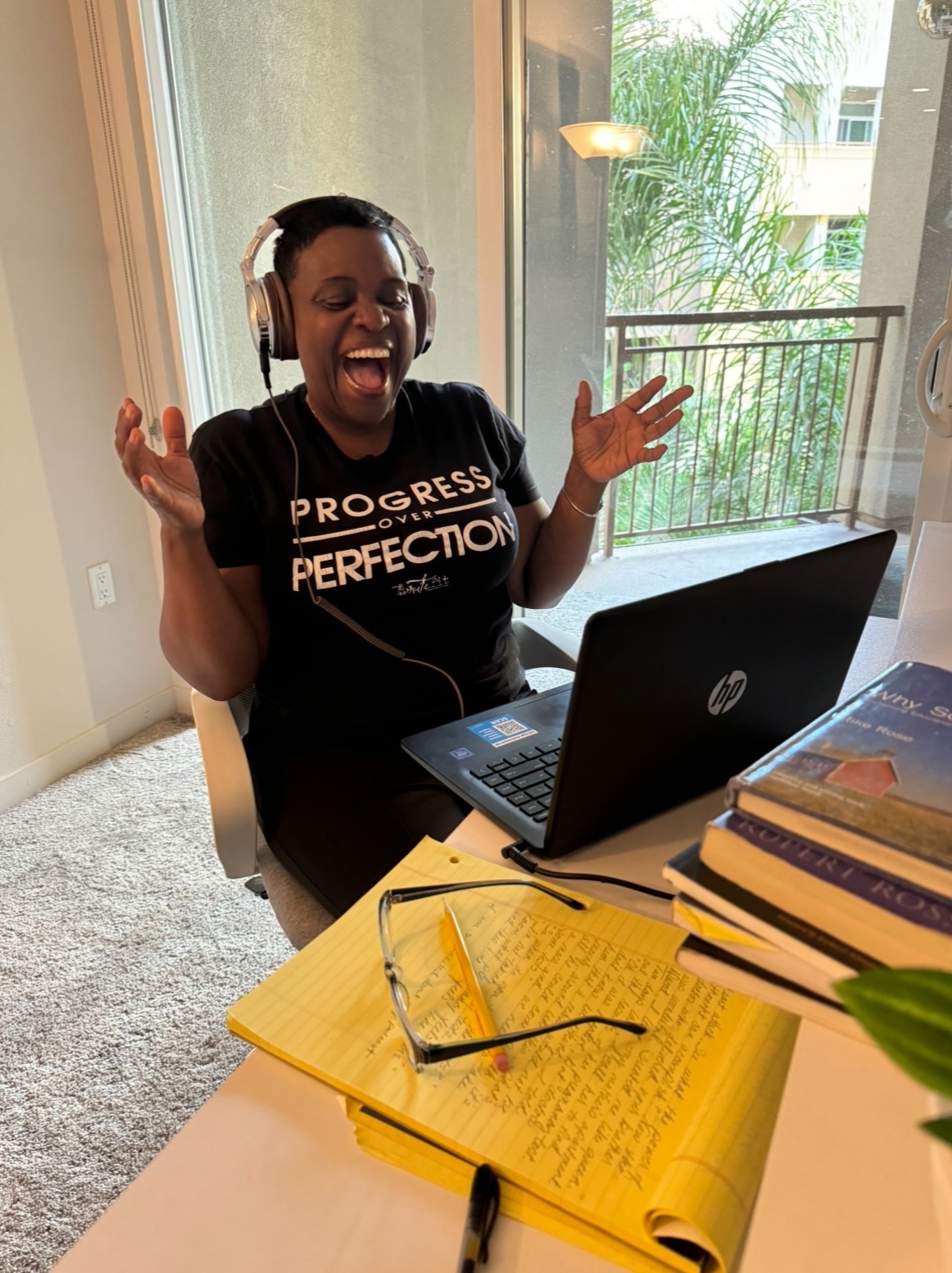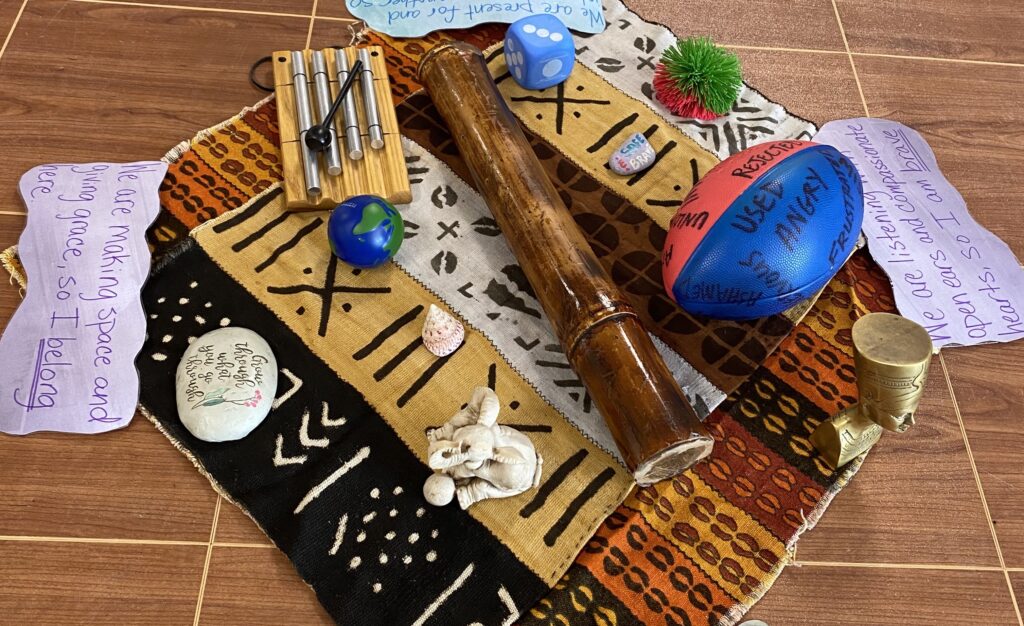Let’s shift the goal from classroom management to self-management, one clumsy, compassionate and CALM relationship at a time.
Training, coaching and curriculum that support middle and high school educators in
re-envisioning teaching and learning through the lens of relationship.
Structure
Relationship
Engagement

Hi, I’m d. Zenani Mzube
I support middle and high school educators re-envision teaching and learning through the lens of classroom relationships.
Not in that woo-woo way. But in an intentional and sustaining way.
Building connection, belonging and engagement with students promotes a healthy teaching and learning environment for all.
My CALM values-to-vision framework for teaching and learning invites educators to shift the goal from managing the many moods, attitudes and behaviors of students to creating structured opportunities for students to practice owning their choices and decisions, as a positive contribution to their classroom communities.


